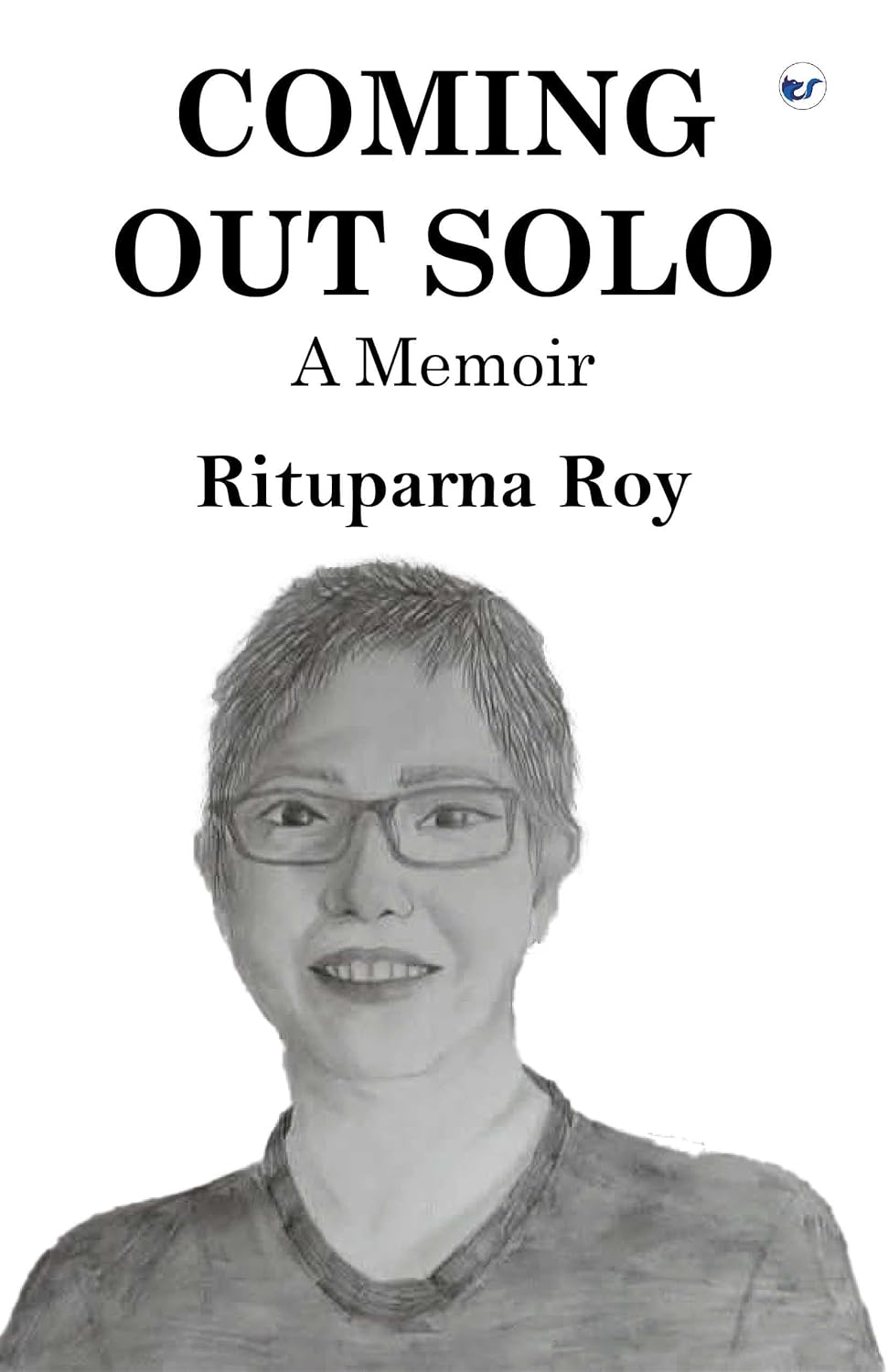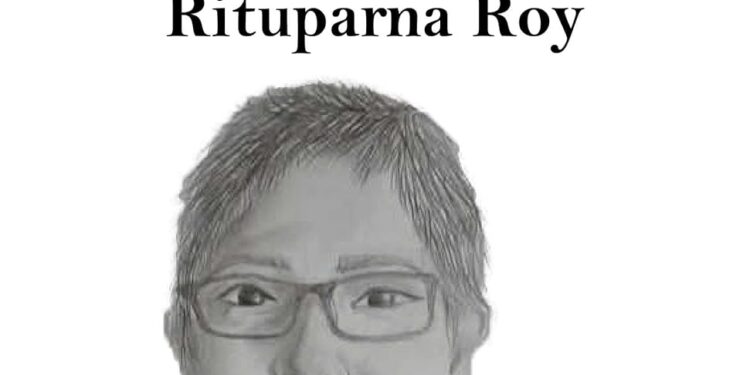
Coming Out Solo: In Coming Out Solo: A Memoir, Rituparna Roy opens her life with remarkable candor, offering readers a deeply personal yet socially significant narrative. Known previously for her fictional works, Roy’s first non-fiction book takes on an intimate journey of selfhood, resilience, and independence. She invites readers to witness her transformation—from a married woman navigating conventional roles to a single mother forging her own identity in a society that often equates a woman’s worth with her marital status.
This memoir is not merely autobiographical; it is a reflection of the times. Roy’s story resonates with countless individuals who struggle between societal expectations and personal truths. By courageously embracing her “solo” identity, she crafts a compelling narrative that is equal parts vulnerable, insightful, and inspiring.
A Life Rewritten
The turning point in Roy’s life came in 2017 when she returned to Kolkata after spending a decade in the Netherlands. What could have been a simple relocation quickly transformed into a radical life shift. She arrived not just as a professional seeking new ground, but as a single mother with a child in tow, stepping into her father’s household after the loss of her marriage and her mother. At 43, she was confronted with both emotional upheaval and the daunting task of rebuilding her career.
Roy’s octogenarian father, though deeply saddened by the circumstances, became her unwavering pillar of support. This intergenerational bond adds richness to the memoir, highlighting the quiet strength of familial ties and the resilience required to start anew.
The Phases of Transformation
Roy structures her memoir into three distinct phases, mirroring her personal evolution:
-
Coming Back Home (2018–2019): This section captures her initial struggles and adjustments in Kolkata. Through her blog, Kolkata Diaries (KD), she documents her reconnection with her city and her father’s household. These reflections reveal how place, memory, and identity intertwine during times of transition.
-
Coping with Covid (2020–2021): The pandemic years add another layer of complexity to her story. Like many, Roy faced isolation and uncertainty, but her writing shifted from external observations to internal reckonings. Her blog evolved into a platform for chronicling not only pandemic life but also her moral and emotional struggles with solitude, society, and motherhood.
-
Coming Out Solo (2022): This final phase is a declaration of acceptance. Roy steps into her identity as a divorced woman, no longer tentative about her status. She embraces the term “solo,” reframing it from a marker of deficiency into a symbol of strength and autonomy.
Themes That Resonate
At the heart of Coming Out Solo lies a challenge to cultural norms. Indian society, even today, often views marriage as central to a woman’s identity. Divorce or singlehood carries stigma, especially for women with children. Roy’s narrative pushes against this, advocating for self-definition beyond traditional frameworks.
The memoir also explores:
-
Motherhood in Transition: Roy candidly shares the struggles and triumphs of raising a child as a single mother, navigating both personal and social challenges.
-
Resilience and Renewal: Her ability to restart her career and redefine her sense of self at midlife reflects courage that many will find relatable.
-
Writing as Healing: Her blog, KD, emerges as a lifeline—both a creative outlet and a space for processing grief, change, and growth.
A Voice That Matters
Roy’s writing style balances intimacy with analytical depth. While her story is unique, her reflections feel universal, speaking to anyone who has faced the dissolution of relationships, the burden of societal expectations, or the quest for authenticity.
By including personal anecdotes alongside broader cultural observations, she ensures that her memoir is not just about one woman’s journey but a commentary on how society views women who step outside traditional roles.
Conclusion
Coming Out Solo: A Memoir is more than an account of divorce or singlehood—it is a courageous declaration of identity, resilience, and independence. Rituparna Roy has written a book that dares to articulate what many silently endure, offering a roadmap for others navigating similar transitions.
Her memoir stands as a timely reminder that selfhood need not be defined by marital status, and that starting over—at any age—is not just possible but empowering.
For readers seeking a narrative that combines honesty, cultural critique, and personal triumph, Roy’s work will leave a lasting impact.
















